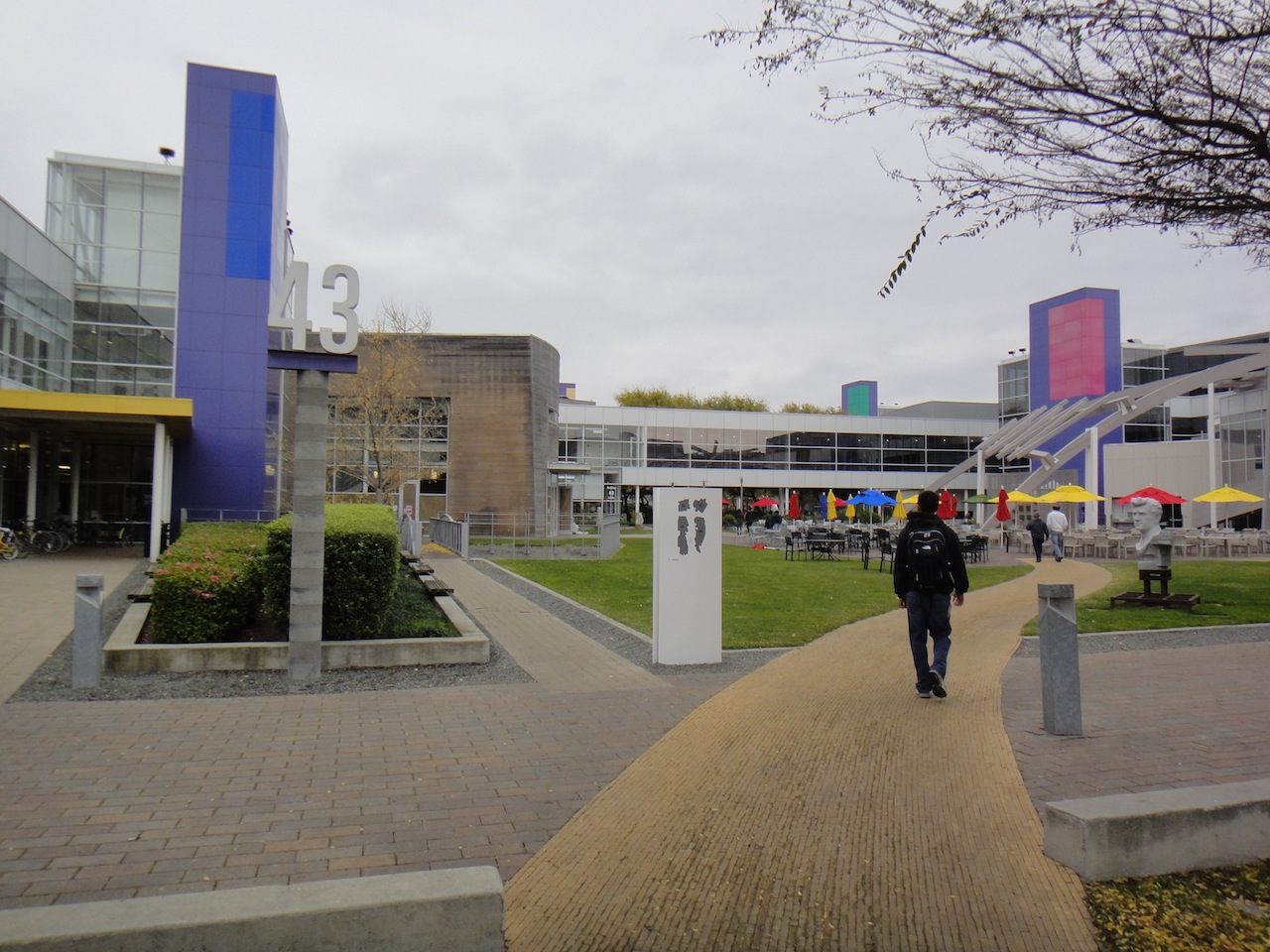Biking in the States
On Monday, I biked to Facebook and back. Since I left early, it was cold. Very cold. Belgium cold. What’s worse though, is the state of biking. There’s no such thing as separate biking lanes here, like in Belgium. If there are bike lanes, then they’re simply part of a super wide parking lane. Far from safe.
But I knew that. I could deal with that.
Plus, there are a few bike trails (many for such a small region by U.S. standards, it appears). So what can go wrong?
These bike trails are nice, very nice, even somewhat idyllic during daytime, but at night, they’re absolutely horrible. What I did not anticipate, was the complete lack of lighting on these bicycle trails. Sure, there is no risk of you getting hit by a car. But there’s all the more risk of you hitting a pedestrian, or that pedestrian’s dog. (Yes, that actually almost happened…)
There are maybe five street lanterns along several kilometers of bike trail. And to be fair, those few street lanterns serve little more purpose than a lighthouse-at-land.
